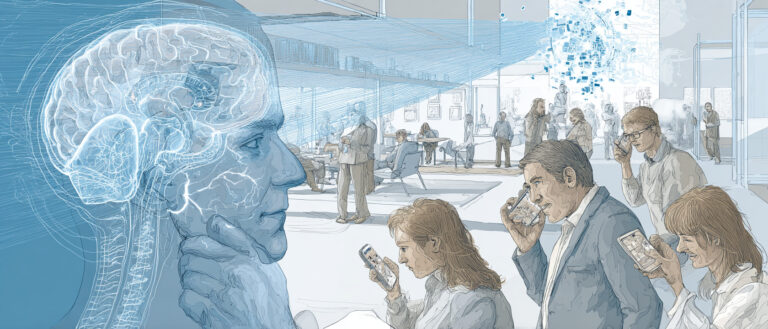Authors: Michael M. Scott, Mario Perello, Jen-Chieh Chuang, Ichiro Sakata, Laurent Gautron, Charlotte E. Lee, Danielle Lauzon, Joel K. Elmquist, Jeffrey M. Zigman
DOI: 10.1371/journal.pone.0044089
Abstract Summary
New research reveals how ghrelin, the “hunger hormone,” works through different brain regions to control eating and blood sugar. While hindbrain ghrelin receptors alone can’t restore appetite in mice lacking these receptors, they’re sufficient to maintain normal fasting glucose levels. This shows ghrelin uses distributed brain circuits for its various metabolic effects.
Why Brain? 🧠
Study shows hindbrain ghrelin receptors alone can maintain blood glucose during fasting but cannot stimulate food intake, revealing distributed brain circuits control different metabolic functions.
The image is AI-generated for illustrative purposes only. Courtesy of Midjourney.




